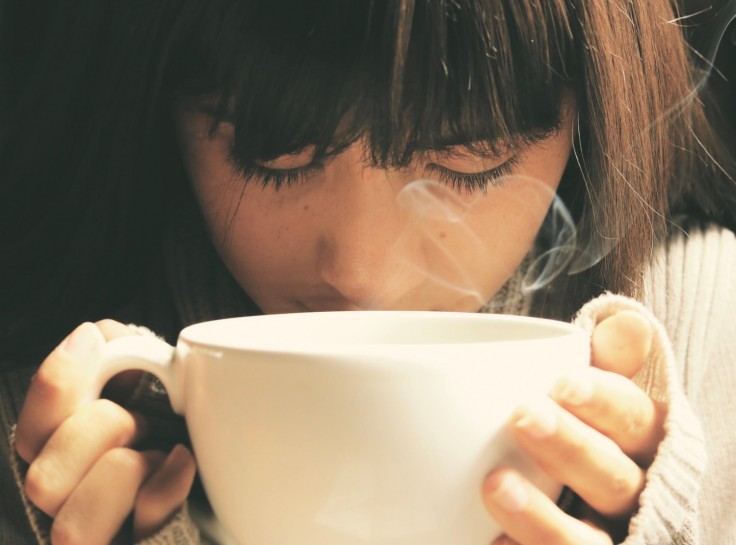
Drinking coffee is the morning routine of most adults, and some even swear they can't function in the morning without it. Coffee is known to perk us up especially if we have a long day ahead of us and we didn't get enough rest. But with the rise of coffee shops on almost every street, adults are not the only ones who can have access to this sweet morning nectar.
A recent study showed that teenagers start drinking coffee at the age of 12 and that 73 percent of them consume caffeine every day. The problem is most of them do not even know the effects of caffeine and how it can be dangerous for those who have heart conditions.
Effects of caffeine
Caffeine is found in tea, cacao, soda, energy drinks, and coffee. It is a natural stimulant that works on our brain and our central nervous system, helping is to feel awake and alert even if we didn't get proper sleep or even if we are tired. When consumed, caffeine runs through our bloodstream and is distributed to our organs, but its main target is our brain. It helps block a neurotransmitter called adenosine which is responsible for that drowsy and restless feeling that we experience especially when we do not get enough sleep.
Effects of coffee on teenagers
The effects of caffeine all boil down to the dosage. The bodies of teenagers are not as fully developed as that of adults, thus their caffeine consumption should be less. This is proven after the tragic passing of a teenager from South Carolina who collapsed after drinking a large Mountain Dew, two sports drinks and a cafe latte in just two hours.
The teenager who passed away, Davis Allen Cripe, did not abuse any substance and had no record of taking any drugs. This is why the doctors suspected that the cause of death was a cardiac arrest that was caffeine-induced. This sparked a debate on the effects of caffeine on teenagers.
Caffeine is almost in every food and drinks, it can also be found on chocolates, iced tea, and chocolate milk. It can even be found on some medications. Experts say that teenagers can drink at least one cup of coffee as long as they avoid other food and drinks with caffeine throughout the day. Teens aged 12 to 18 should limit their caffeine intake to 100 milligrams a day, and adults should limit their intake to 400 milligrams a day.
Too much caffeine intake can increase your heart rate and it can also increase your blood pressure, and if it is not out of your bloodstream, the effect can be fatal especially if you are already living with a heart condition. But with regular intake, we develop a tolerance for caffeine, especially if it is gradually increased as we get older.
However, this does not mean that children should be given a massive dosage of caffeine, as they are more sensitive to its effects like diarrhea, anxiety, and dehydration. Also, teenagers who drink coffee in the afternoon and evening can feel a decrease in the quality of their sleep which is not good for their development.
If teenagers want to be alert especially during their exams, getting the right amount of sleep, exercise and meditation are far better options than gulping cups of coffee.
ALSO READ: Caffeine Consumption In Male Partners Increases Miscarriage Risk In Pregnant Women